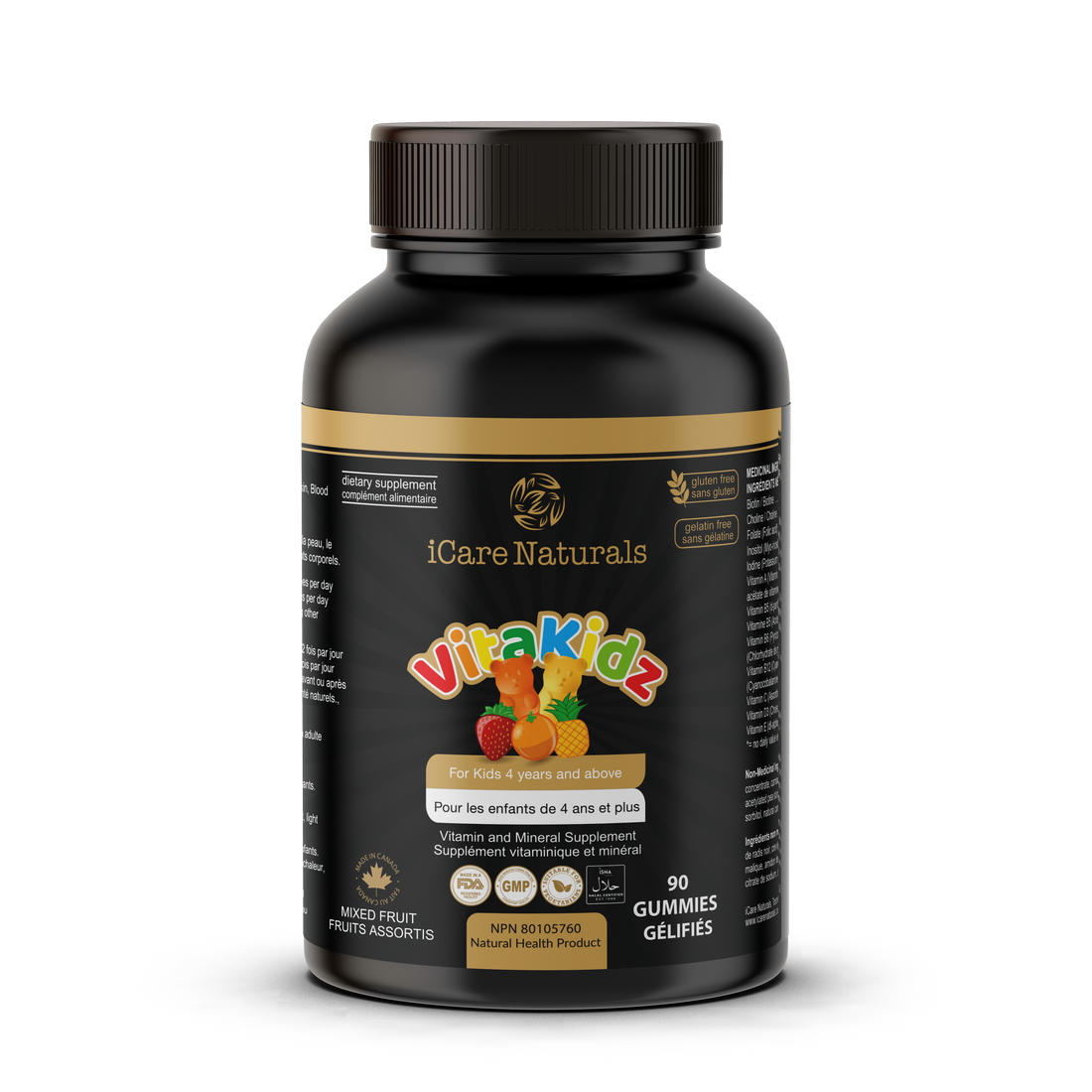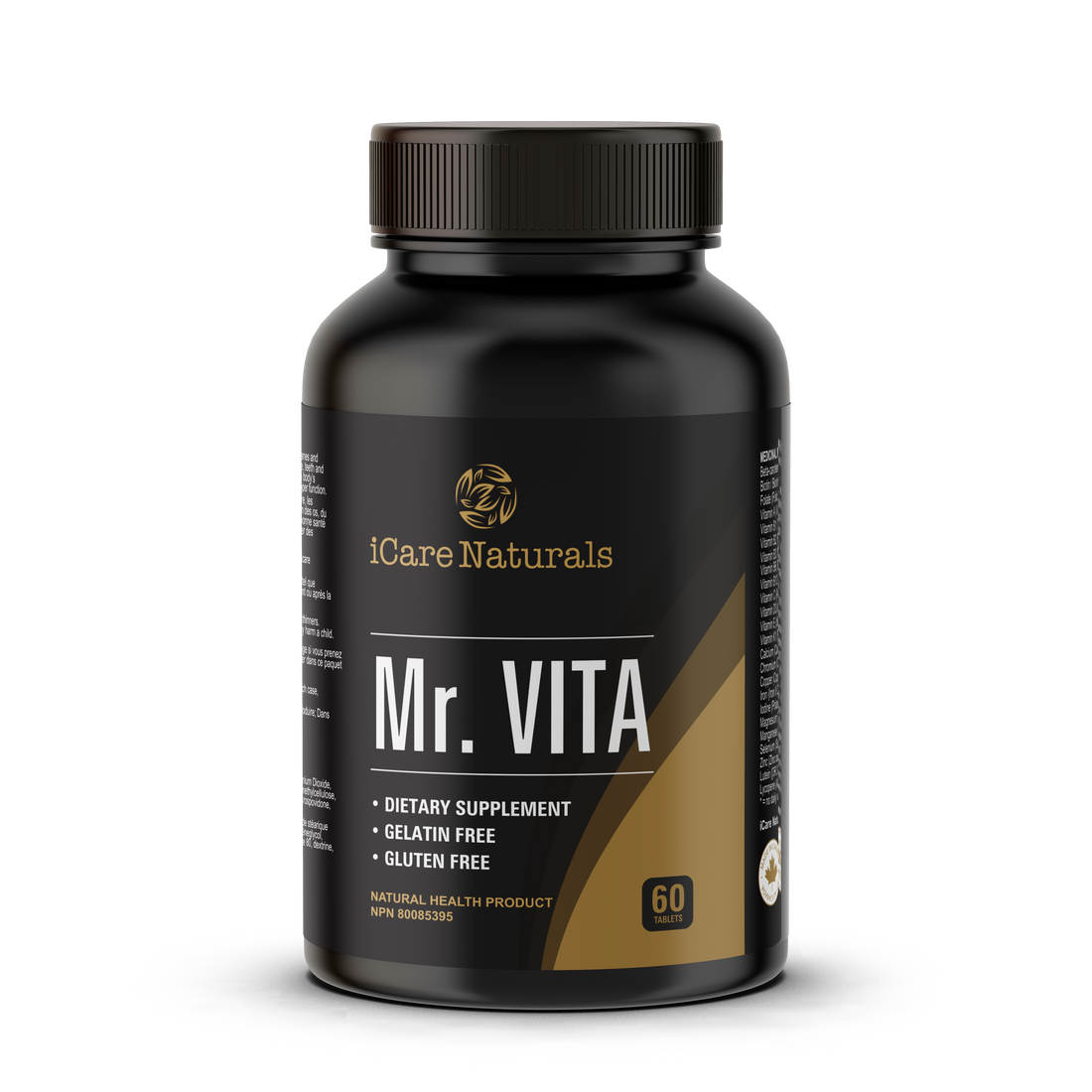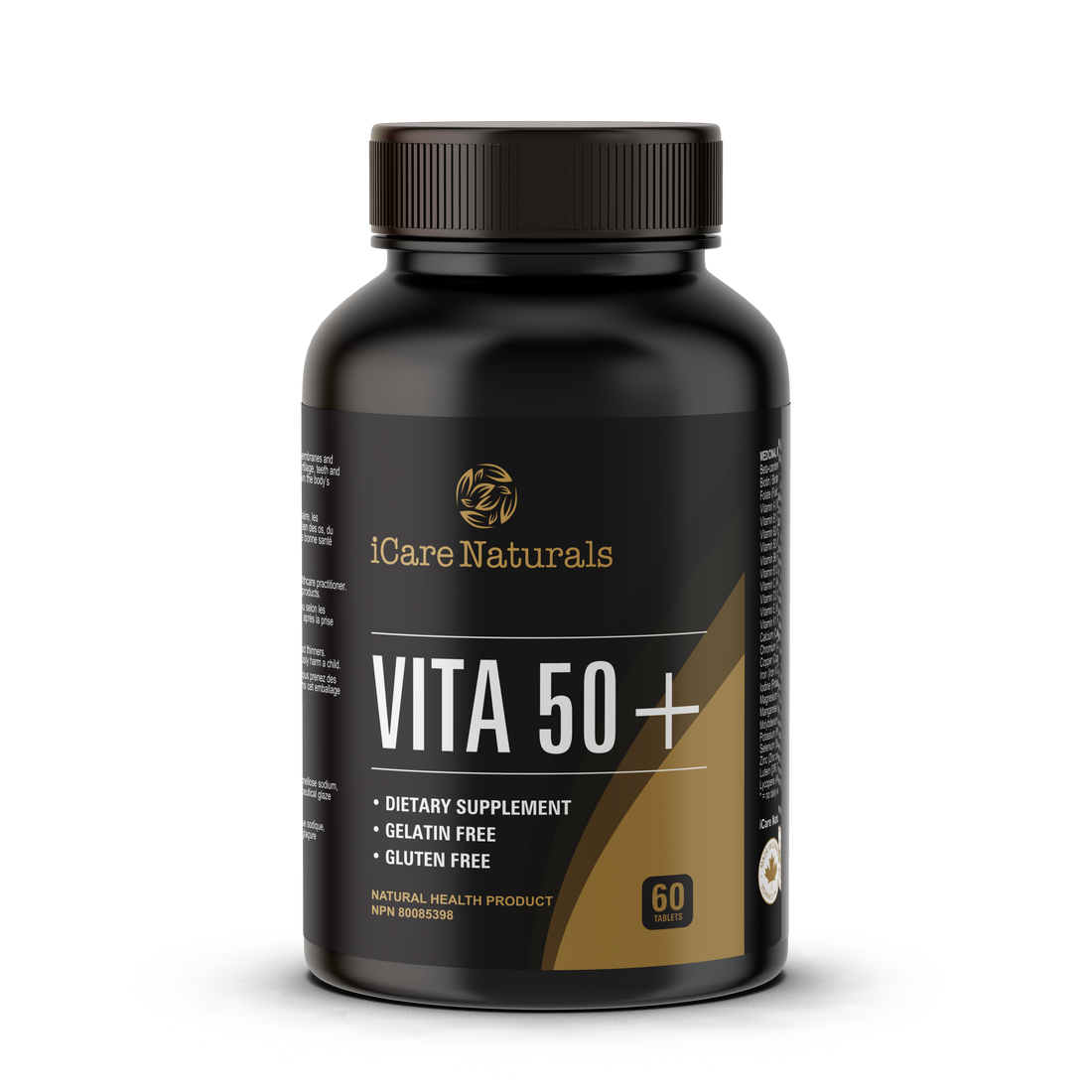Olive oil is one of the best-known oils and has many health benefits. If you ask about the perfect ingredient found on earth, it's olive oil. You can drizzle it over your salads or sauté vegetables in this oil. The rich flavour of this golden oil provides us with countless health benefits.
Considering these health benefits, many individuals consider the nutritional details of every food item before consuming it. When it comes to olive oil, people usually search for whether it contains omega-3 fatty acids. Omega-3s are an essential component of a healthy diet; therefore, these health enthusiasts want to include the king of all oils, olive oil, in their diet!
What are The Fatty Acids?
Fats are incredibly vital for our health. They are significant in energy storage, vitamin absorption, and hormone production. They are composed of smaller units called fatty acids. These fatty acids can be broadly categorised into three main types:
Saturated Fatty Acids
Saturated fatty acids are primarily found in animal-based foods such as full-fat dairy products, eggs, beef, and some plant oils like coconut or palm oil. They are generally solid at room temperature.
Monounsaturated Fatty Acids (MUFAs)
Monounsaturated fatty acids, also known as oleic acid, are abundant in olive oil, avocados, and nuts. They are typically liquid at room temperature and are mostly known for their heart-healthy properties.
Polyunsaturated Fatty Acids (PUFAs)
Polyunsaturated Fatty Acids, including the renowned omega-3 and omega-6 fatty acids, are essential for our health. Our bodies cannot produce them; we must obtain them through diet. These fats improve nerve function, prevent blood clotting, maintain brain health, and keep muscles strong.
Omega-3 fatty acids are a type of PUFA, and it is found in various food sources, including olive oil, walnuts, tofu, tuna, salmon, sardines, eggs, soybeans, sunflower seeds, grape seed oil, almonds, chia seeds, avocado oil, and more.
Components of Omega-3 Fatty Acids
Omega-3 fatty acids have three basic components. These essential fats are important in keeping your body healthy and active. They have the power to keep your heart and brain fit and may help reduce the chances of certain diseases, such as cardiovascular diseases. They may also lower inflammatory conditions. The essential omega-3s include:
Alpha-Linolenic Acid (ALA): This short-chain omega-3 fatty acid is found predominantly in plant sources. Our bodies can convert a small amount of ALA into the longer-chain EPA and DHA, but they usually convert inefficiently.
Eicosapentaenoic Acid (EPA): A long-chain omega-3, primarily found in fatty fish and seafood. EPA is crucial for reducing inflammation and supporting cardiovascular health.
Docosahexaenoic Acid (DHA): DHA is another long-chain omega-3 found in fatty fish. DHA is vital for brain health, eye development, and nervous system function.
Olive Oil and Its Fatty Acid Profile
When discussing olive oil and its nutritional profile, one can never ignore the type of fatty acids it contains. Olive oil, particularly extra virgin olive oil, contains oleic acid, a monounsaturated fatty acid (MUFA).
Oleic acid typically accounts for 70-80% of olive oil's composition. This high MUFA content is a significant reason olive oil is celebrated for its health benefits, including its potential to lower bad cholesterol and reduce the risk of heart disease. Beyond oleic acid, olive oil also contains smaller amounts of saturated and polyunsaturated fatty acids.
Does Olive Oil Have Omega-3?
Olive oil contains omega-3 fatty acids, but compared to other sources, they are found in a limited capacity and primarily in the form of Alpha-Linolenic Acid (ALA). The amount of ALA in olive oil is relatively small compared to other plant-based sources, specifically known for their omega-3 content.
Extra virgin olive oil typically contains about 0.5% to 1.5% ALA. While this technically means olive oil does have omega-3, it is not a significant source. However, you can always take omega-3 fish oil supplements from renowned brands like iCare Naturals to meet your body's nutritional needs.
To put this into perspective, let's compare it with other foods known for their omega-3 content:
Flaxseeds and Flaxseed Oil: They are exceptionally rich in ALA, often containing over 50%. Just a tablespoon of flaxseed oil can provide several grams of ALA.
Chia Seeds: Chia seeds are another excellent plant-based source of ALA.
Walnuts: Contain a notable amount of omega-3.
Fatty Fish: These are the primary dietary sources of the highly beneficial long-chain omega-3s, EPA and DHA. A single serving of salmon can provide hundreds or even thousands of milligrams of EPA and DHA.
Therefore, while olive oil contributes a certain amount of ALA to your diet, it would be inaccurate to consider it a primary or significant source of omega-3 fatty acids. You would need to consume considerable olive oil to meet your daily omega-3 requirements, resulting in excessive calorie intake.
The Benefits of Using Olive Oil
Even if olive oil contains limited omega-3 fatty acids, it does not diminish its health credentials. Its primary health benefits stem from its rich content of monounsaturated fatty acids, specifically oleic acid. It is also rich in antioxidants, including polyphenols and Vitamin E. These compounds contribute to:
Heart Health: Reducing inflammation and improving cholesterol profiles.
Antioxidant Properties: Protecting cells from damage caused by free radicals.
Anti-inflammatory Effects: Contributing to your overall well-being and potentially reducing the risk of chronic diseases.
Conclusion
While olive oil contains a small amount of alpha-linolenic acid (ALA), one of the omega-3 fatty acids, it is not a significant dietary source of these crucial fats. If you are looking for food sources to boost your omega-3 intake, particularly EPA and DHA, you must look towards fatty fish like salmon, mackerel, and sardines, or consider omega-3 supplements. Flaxseeds, chia seeds, and walnuts are superior choices for plant-based ALA.
However, olive oil is an excellent source of monounsaturated fats and powerful antioxidants. It remains the foundation of the Mediterranean diet, which is admired worldwide for its overall contribution to heart health and longevity.
So, you can continue enjoying olive oil for its unique flavour and established health benefits but remember to include better fat sources in your diet. This will ensure you get all the essential nutrients your body needs, including a sufficient supply of omega-3s from other dedicated sources.










